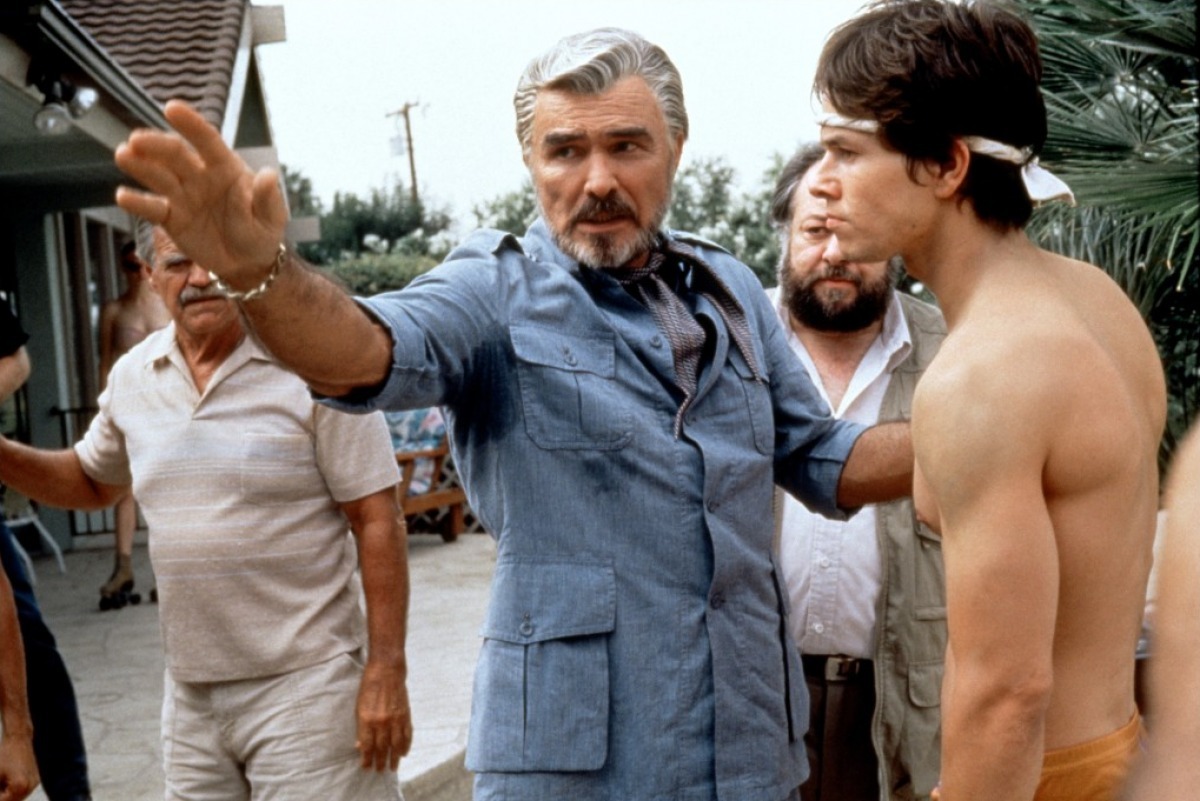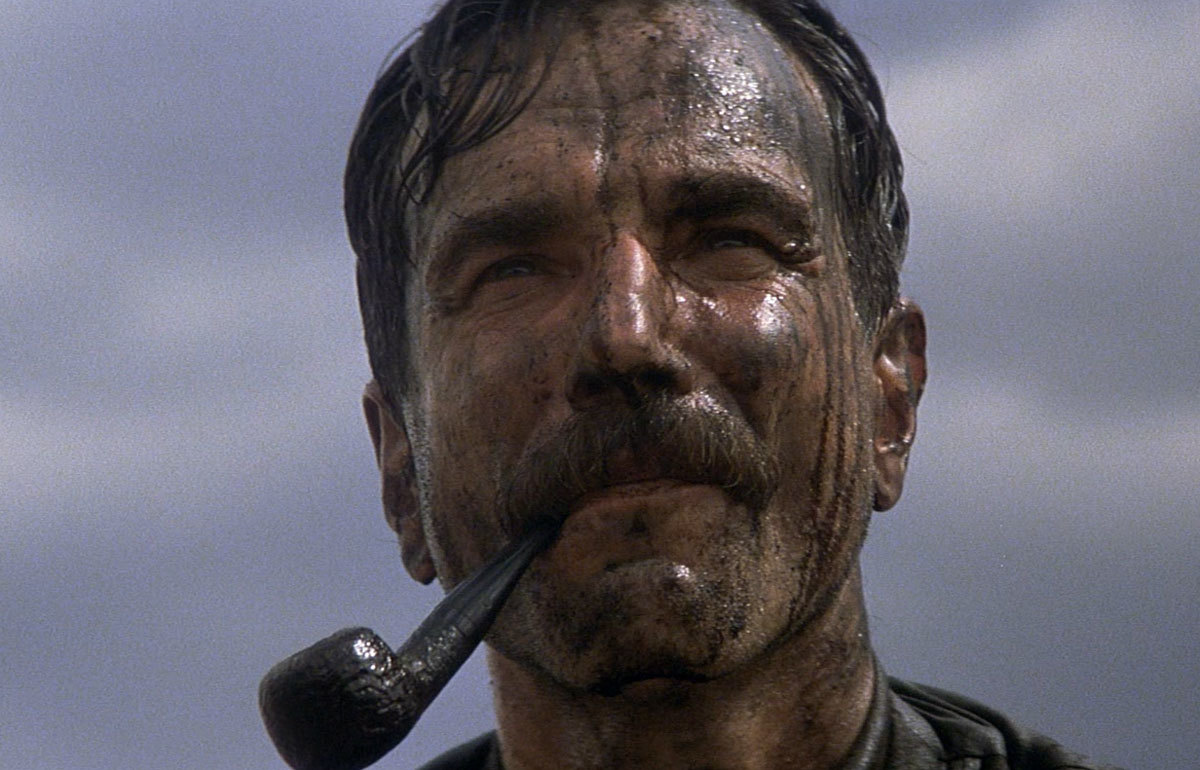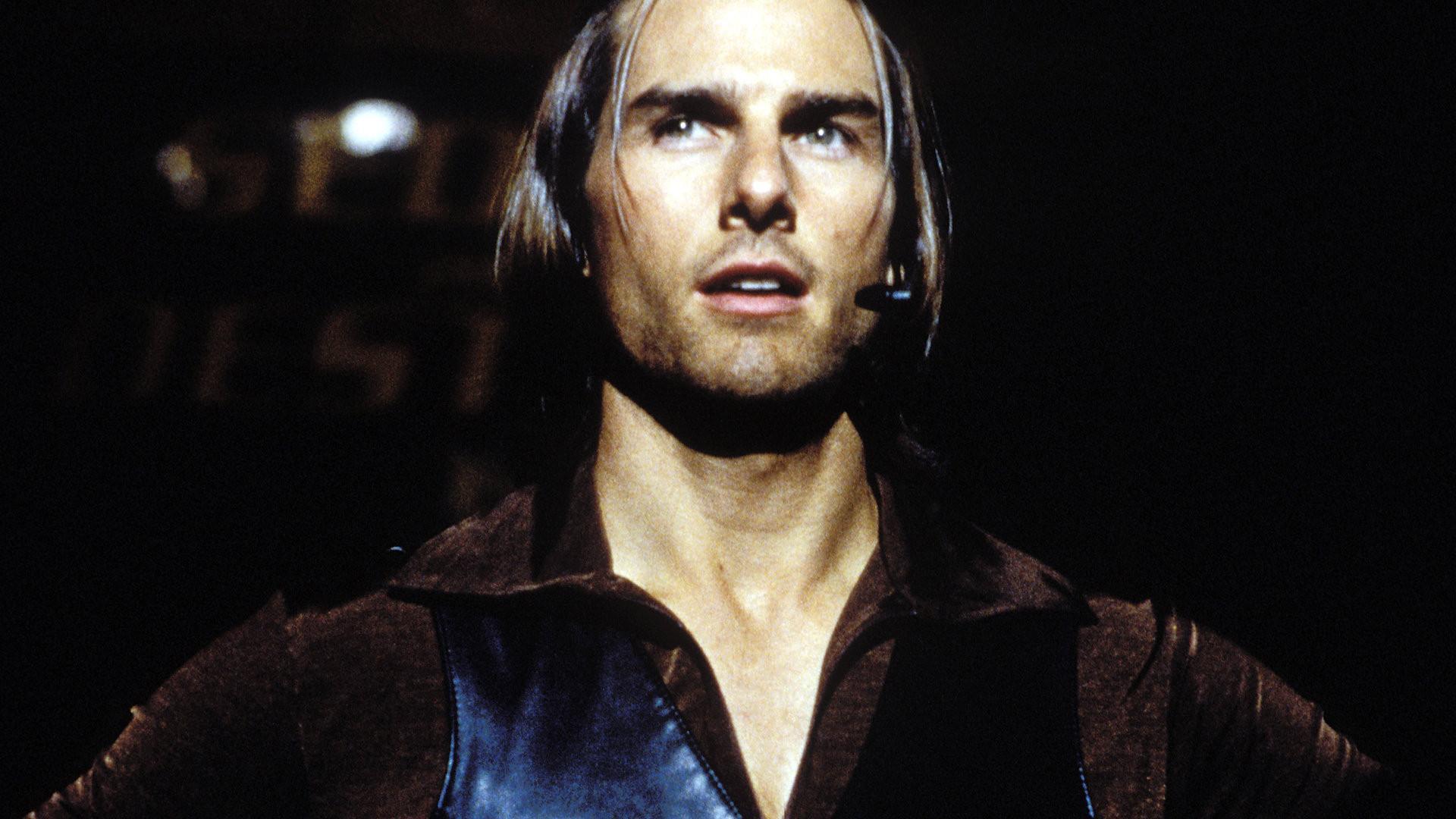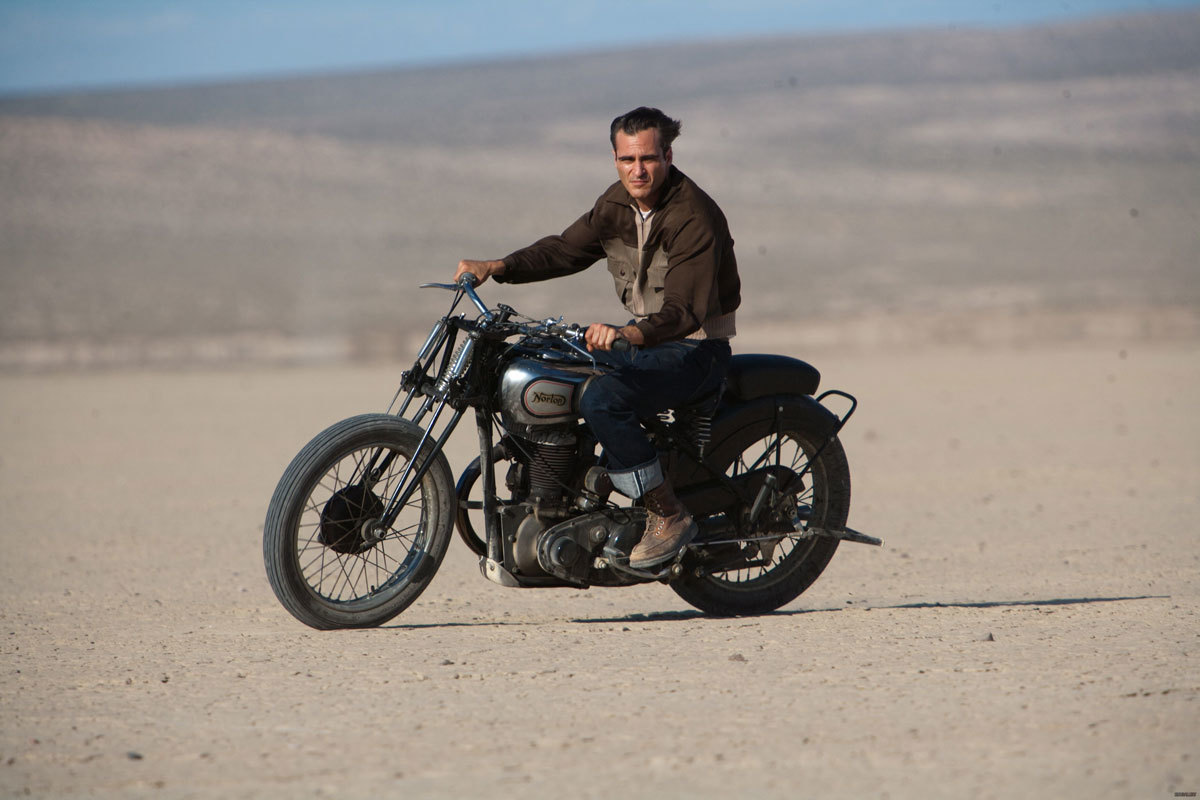The ever prodigious Paul Thomas Anderson has been compared to many of cinema’s greats, from Robert Altman to Martin Scorsese. There are fan posts dedicated to the American film-maker’s choice of shirt, or to collating moody images of him directing the hell out of something. Then there are the seven feature films, of course, with their ever-changing roster of legendary actors (which reads like a who’s who of method acting mega-talent).
With Inherent Vice, his seventh feature film, the writer-director has crafted a heady infusion of confusion, spiked with red herrings and turns in the plot that might unsettle even the most die-hard of followers. And it’s nothing if not funny. Set in the City of Angels in the early 70s, Joaquin Phoenix plays Larry “Doc” Sportello, a dropout detective chasing up a case for his ‘ex old lady’ Shasta. Like its charismatic yet hopeless main character, the film bumbles and fumbles its way through the dying embers of the 60s hippy dream. Out on general release this week, i-D presents a guide to the work of America’s most idiosyncratic and wonderful auteur.
From the Dark Hills of LA
Hollywood is no strange land for Paul Thomas Anderson. Born in 1970 in the San Fernando Valley of Los Angeles, his father, Ernie Anderson, was a well-known voiceover actor in the early 60s. A local star, Ernie hosted B-movies and horror flicks on public television. When a young Paul dropped out of film school, he threw himself into the business of film, becoming a production assistant on various television movies, videos and game shows. By the time he was just 24, he already had a deal to direct his first feature-length picture. Hence Anderson’s dark and realistic version of Hollywood, which feels informed by an insider’s point of view. In Magnolia, for example, the loveable host of a clean-cut kids TV show turns out to be a potential child molester; in Boogie Nights, the creative dreams of a group of filmmakers are cruelly shattered. The golden age of the Hollywood dream is often cruelly subverted and stripped of its aura. There’s definitely no tinsel in this tinsel town.

The Changing Face of the American Dream
Where The Master set up the landscape of alternative religion in late 50s America, Inherent Vice tracks down what happened afterwards, when the hippy dream turns sour and the promises of the West Coast counter culture wound up to nothing more than drug addiction, crime cartels and a generation of seekers who took all the ideologies and utopians at face value. In terms of time frame, Boogie Nights picks up where this leaves off, in its examination of the excesses of the apolitical 70s. There Will Be Blood might then be seen as a starting point for Anderson’s incomplete cinematic history of America’s glorious fall from grace. It tells the story of a silver miner-cum-oilman and his ruthless pursuit of wealth during Southern California’s oil boom of the late 19th and early 20th century. The film ends as the 30s are about to begin and religion and capitalism are becoming muddled together ,and this is where the rot sets in.
Masculinity and the Self Made Man
One of the dominant themes of Anderson’s seems to be an analysis of masculinity, albeit one which is continually undermined by action, redemption and fate. His characters are mostly men who have lost something along the way; boys doing “boy things,” without seeming to have any fun doing it. The returning war hero in The Master, played by Joaquin Phoenix, represents a far cry from classic depictions of soldiers returned from war. Repressed, depressed and drunk, he bumbles through the world as if someone has given him the wrong character to play. In his closest revision of the grand American epic, There Will Be Blood, Daniel Plainview is the embodiment of the self-made man. Born from a gold mine, Plainview turns out to be a murderous devil, a capitalist Mephistopheles for the oil era. Plainview represents yet another of Anderson’s characters cast into a picture that can’t really frame him.
Cinema of Anxiety
Anderson is one of the masters of representing anxiety on screen, albeit of a specifically late 20th century flavour. His roving cameras and jittery pacing capture characters who seem wound as if by unseen springs. Time and again, we are shown moments of genuine, often intoxicated unease. These are people haunted by ghosts, whether they’re past lovers or vindictive family members. They debilitate their senses in order to forget. In some ways, Inherent Vice might be understood as a ghost story, where spirits wear love beads over white cloaks. An elegy to a much-mythologised decade, the film is populated by the ghosts of the Summer of Love, and mourns the utopian potential of a future that never quite materialised.
There is a general spiritual malaise permeating the atmosphere of his other films also. Often provoked by loneliness, desire or hunger for some kind of redemption or awakening in a world where spirituality seems to have fallen by the wayside, his characters are ridden with voids than can be neither filled nor negated. Multiple cinematic techniques, such as his typically loose camera work and extended tracking shots, are coupled with the frenetic rhythms of Jonny Greenwood’s music in There Will be Blood: nerves jangle as we are propelled into the world of the paranoid. In Punch-Drunk Love, the marriage of Jon Brion’s immersive score and the off-kilter visuals (both created at the same time, so each part feeds into the other) creates a delirious manic disconnect.

Subverting Genre Stereotypes
Even with their epic scope or intention, you can’t accuse Anderson of not being playful, particularly with genre conventions. Punk-Drunk Love, for example, turns the romantic comedy genre on its head, starting with its choice of star Adam Sandler (Little Nicky). Screw ball comedy rapidly morphs into screwed up comedy. Inherent Vice seems to just lump them all together – the stoner comedy a la Cheech and Chong, the LA noir, the postmodern fairytale, all with a sharp hit of melancholy and nostalgia.
Sex, Pornography and Performing
Sex just doesn’t look that enjoyable in a Paul Thomas Anderson film. The industry of sex is a recurring theme in a number of his films, and can be traced all the way back to a film he made at high school. Aged 17, Anderson made The Dirk Diggler Story, a short faux documentary that told the story of a well-endowed porn star who dies of a drug overdose. The film was loosely based on the American porn actor John Holmes, and ends with the haunting line: “All I ever wanted was a cool ’78 ‘Vette and a house in the country”. Diggler’s character would be later revisited in Boogie Nights, Anderson’s feature length film foray into the LA porn scene. But rather than focus solely on sex as mere titillation, Boogie Nights used the American porn industry as a microcosm of America in the late 70s, and the epic excesses that led to the mass burn-out of the 80s.
Coincidentally, the American actress Michelle Sinclair, who stopped performing in porn in 2012 (under the name Belladonna) has a supporting role in Inherent Vice as the sister of the murdered character Glenn Charlock. On porn, PTA has said: “I can see something in pornography that can be incredibly funny, either in a campy way or an honest and dark way. But then it can become sad and depressing. I love it and support it as much as it saddens and disgusts me.”
Dialogue heavy
Anderson’s films are often rife with dialogue, with characters trying to adequately communicate to each other through emptiness. The writer-director has received four Oscar nominations for screenplays (that would be Boogie Nights, Magnolia, There Will Be Blood and the recently nominated Inherent Vice). He composed the script for his latest film by working his way through Thomas Pynchon’s notoriously labyrinthine book, picking out every bit of dialogue in order to build up, faithfully, the film’s plot and characters.
Family dynamics
Families are no great thing in Anderson’s films. If Larkin pointed out that “they fuck you up, your mum and dad”, in Anderson’s films they’re certain to do this, but they’ll also molest you, abandon you, not be there or even turn out not to be your parents after all. Thankfully, surrogate families abound in Anderson’s film world, in order to destabilise the nuclear family structure of the classic American family. These surrogate father figures tend to be charlatan cult leaders, pornographers or simply low-level gangsters responsible for killing your real family. Beggars can’t be choosers and if you’re already doomed, why don’t you dive on in?

Credits
Text Sophia Satchell-Baeza and Werewolf Jones
